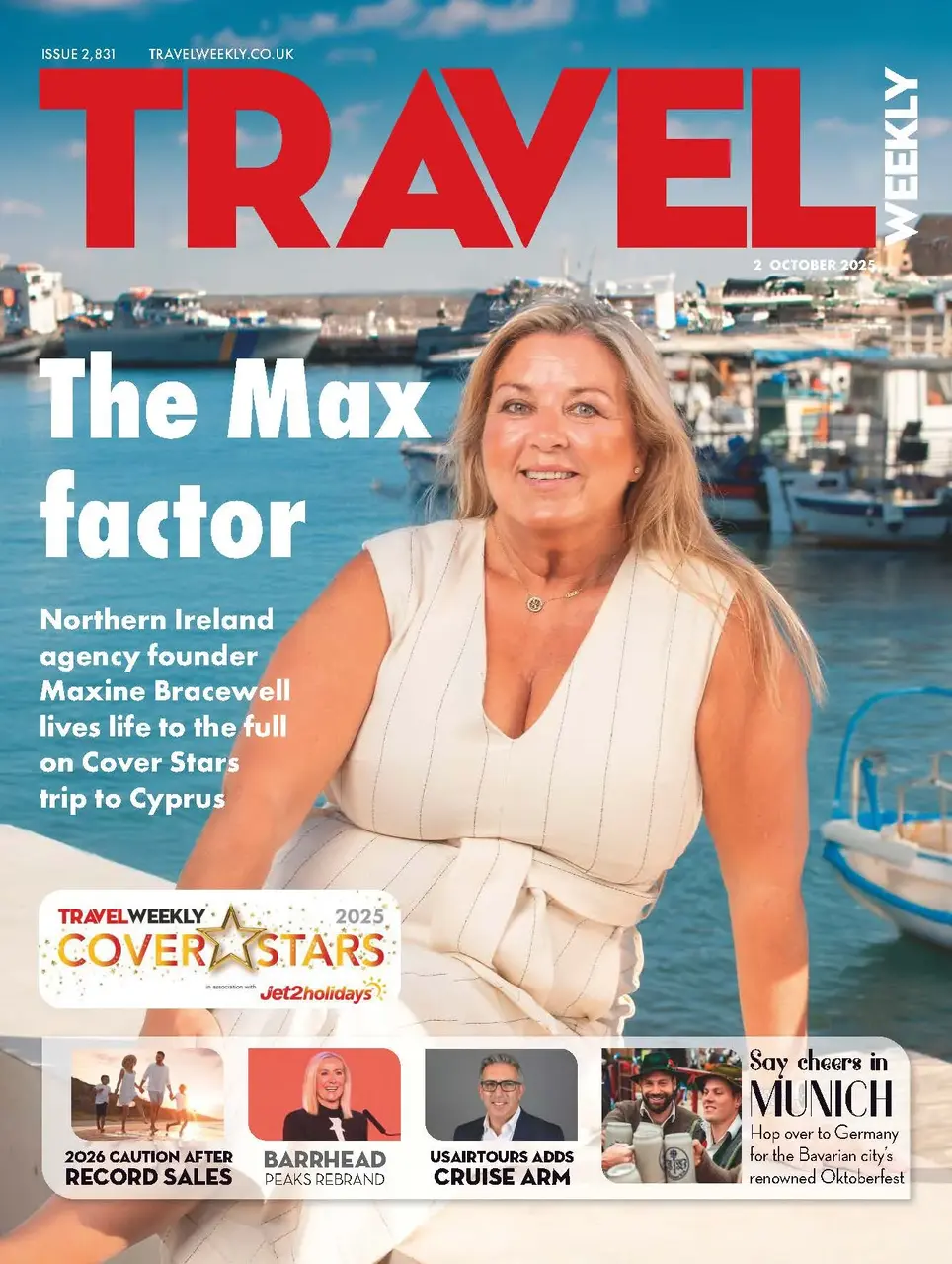You are viewing 2 of your 2 free articles
Brits more confident than last year to travel overseas
Confidence among Brits to travel overseas has risen on last year with the biggest increases among younger holidaymakers, according to new research from Abta.
The latest results from Abta’s annual Travel Confidence Index, now in its third year, reveals a score of 53 for the UK population as a whole, up six points on 2024, and up 12 points since 2023, when the index started.
The second annual rise in a row reflects both an increase in those expressing confidence and a decline in those less confident to travel. The score is calculated by asking 2,001 adults to rate their confidence on a scale of one to 10 and taking the percentage of those with low confidence levels (one to four) from the percentage with high confidence levels (seven to 10).
The index also showed that those who booked with a travel professional remained very confident, with a score of 78, up six points from 72 last year and its highest score since the index started, while those who took a package holiday in the past year returned an even higher score of 80, up from 74 last year.
The biggest rises on last year in terms of travel confidence were among younger travellers, with the score for 18-24 year olds up nine points from 48 to 57 and up 19 points from 60 to 79 for 25-34 year olds.
The most confident travellers overall were those aged 25-34 years and 35-44 years, who scored 64, well above the average of 53, possibly reflecting the fact they have fewer family financial commitments than other age groups. Confidence among families also increased from 62 to 71 this year.
The 65 plus age group had the lowest confidence to travel but still had a positive score of 33, up from 26 last year.
The only age groups to dip on last year were mid-life travellers, aged 45 to 54 and 55 to 64. These age groups both saw a slight decrease in confidence compared with last year which the report suggested could indicate a squeeze on household budgets impacting travellers’ confidence to travel.
In terms of areas travel companies can focus on to build consumer confidence, the most important factor continued to be getting the correct travel documents such as passports or visas. This was rated as ‘essential’ by 68% of respondents.
The next most important area for travel firms to reassure clients on was being able to get home if the travel company goes bust, rated ‘essential’ by 56%, knowing the total price in advance (54%), taking out travel insurance (53%) and having financial protection against a company failure (50%).
Chief executive Mark Tanzer said: “A core purpose of Abta is to help people travel with confidence. We introduced the Travel Confidence Index both to help our understanding of consumer sentiment in travel and to identify the most effective actions that the industry can take collectively to build consumer confidence – so, it’s really encouraging to see that the UK’s overall confidence to travel overseas continues its upwards trend.
“It’s also reassuring to see that booking with an Abta member continues to be rated essential or important by 75% of people to give them confidence to travel. This is testament to the work of Abta members in making sure their customers are advised, informed and prepared to have an amazing holiday.”
The index will form part of Abta’s Holiday Habits 2025-26 report to be released during the association’s 2025 Travel Convention in Majorca next week.
Meanwhile, a survey by MMGY, a marketing and communications agency specialising in travel, tourism and hospitality, found that Gen Z now plan to spend the most on international trips in the next 12 months and take the highest number of holidays (3.4) over the next two years.
They are also the generation most interested in organised group tours in the next 12 months (45%).
UK travellers lead others in Europe in projected spend, expected to reach £5,740/$7,689 over the next 12 months, around $1,700 higher than other markets.
Overall, travellers are adjusting plans to fit budgets rather than cancelling trips, keeping optimism strong for the year ahead, according to the study.
Nearly a quarter (24%) of European travellers plan to travel for the 2026 FIFA World Cup, including nearly half of Gen Z (49%).
Among those attending, more than seven in 10 say the event is their primary reason for visiting the US, Mexico or Canada.
British travellers are expected to spend the most, averaging $8,275 per trip, making sports tourism a significant economic driver for host cities and surrounding regions, according to the survey of 4,107 active leisure travellers across five European countries.


















